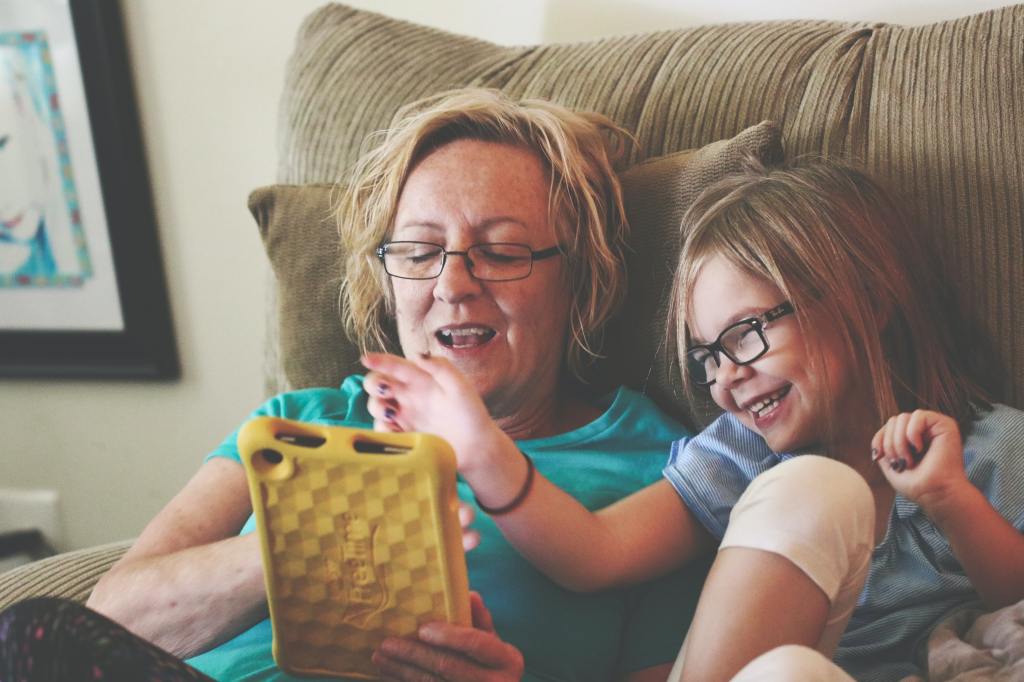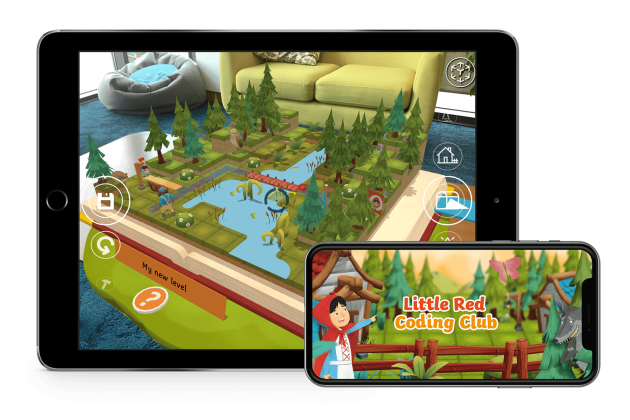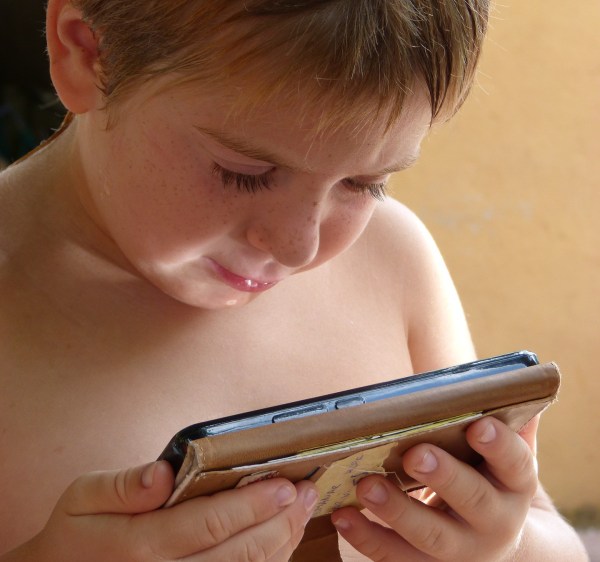
Parents, grandparents, siblings and peers ‘extend’ and ‘relate’ preschool children’s digital media practices at home. Thanks to The University of Sheffield Library, my latest article is now available open access from Learning, Media and Technology.
Family members are often unaware how much they support preschoolers in developing competencies and making meaningful connections in relation to the digital. A more detailed look at the positive and instructional aspects of family mediation, building on formative work from Sonia Livingstone, Ellen Helsper, Bieke Zaman and many others.
Thank you very much to the journal’s publisher, Taylor & Francis and editors, John Potter, Ben Williamson and Felicitas Macgilchrist and to the Economic and Social Research Council, who funded this doctoral research. Not forgetting Jackie Marsh and Becky Parry who supervised it.
I would love to hear from others working in this area, especially to hear whether the concepts of ‘extending’ and ‘relating’ resonate (family members drawing on a child’s media interests to engage them in new activities or drawing a child’s attention to a connection between their media or non-media interests and something else).






